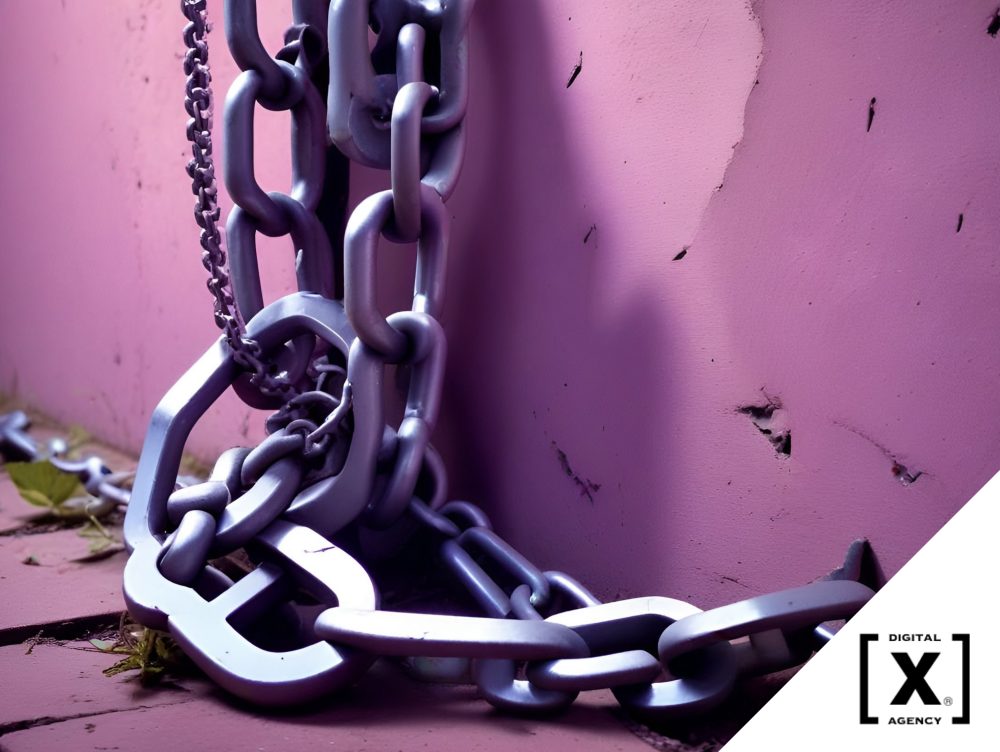Canonical Links and Their Impact on SEO
In the intricate world of Search Engine Optimization (SEO), understanding the nuances of canonical links can significantly enhance your website’s search performance. Canonical links, or canonical tags, play a crucial role in preventing duplicate content issues, streamlining SEO efforts, and ensuring that search engines accurately index and rank your web pages. This article delves into the concept of canonical links and their impact on SEO.
What are Canonical Links?
A canonical link is an HTML element specified in the `<head>` section of a web page that helps webmasters prevent duplicate content issues. The canonical tag (`<link rel=”canonical” href=”URL”>`) tells search engines which version of a web page should be considered the “primary” or “canonical” version when multiple pages have similar or identical content.
For example, if you have multiple URLs that display the same content, you can use a canonical link to point to the preferred URL. This helps search engines understand which page to prioritize in their search results.
Why are Canonical Links Important for SEO?
1. Preventing Duplicate Content Issues: Duplicate content can confuse search engines, making it difficult to determine which version of a page to rank. This can dilute the SEO value across multiple pages, potentially harming your search rankings. Canonical tags consolidate duplicate content, directing search engines to the primary page, thereby preserving SEO value.
2. Consolidating Link Equity: When multiple URLs with similar content receive inbound links, the link equity (or “link juice”) is divided among them. By specifying a canonical URL, you ensure that all link equity is funneled to a single page, enhancing its authority and improving its chances of ranking higher in search results.
3. Improving Crawl Efficiency: Search engines have limited resources and a finite crawl budget for each website. Duplicate content can waste these resources, as search engines might spend time crawling and indexing redundant pages. Canonical tags help direct crawlers to the primary content, optimizing crawl efficiency and ensuring that important pages are indexed promptly.
4. Enhancing User Experience: Consistency in content delivery is key to a positive user experience. Canonical tags help ensure that users find the most relevant and authoritative version of a page, reducing confusion and improving engagement.
How to Implement Canonical Links
Implementing canonical links involves a few straightforward steps:
1. Identify Duplicate Content: Conduct a thorough audit of your website to identify pages with similar or duplicate content. This could include product pages, category pages, or different URL parameters that lead to the same content.
2. Specify the Canonical URL: On the duplicate pages, add a canonical tag in the `<head>` section of the HTML.
For example:
“`html
<link rel=”canonical” href=”https://www.example.com/preferred-page-url/”>
“`
Ensure that the canonical URL points to the preferred version of the page.
3. Test Your Implementation: Use tools like Google Search Console and third-party SEO tools to verify that your canonical tags are correctly implemented and recognized by search engines. Look for any indexing issues or errors that need to be addressed.
4. Monitor and Adjust: Regularly monitor your website’s performance and make adjustments as needed. Keep an eye on crawl reports, search rankings, and user engagement metrics to ensure that your canonical link strategy is effective.
Common Mistakes to Avoid
1. Incorrect Canonical Tags: Ensure that your canonical tags are correctly formatted and point to the appropriate URL. Incorrect tags can lead to indexing issues and potential SEO penalties.
2. Using Canonical Tags Across Different Domains: Canonical tags should be used within the same domain. Cross-domain canonical tags are generally not recommended and can confuse search engines.
3. Ignoring Canonical Tags for Pagination: For paginated content, it’s important to use canonical tags carefully. Typically, each page in a paginated series should self-canonicalize rather than pointing to the first page.
Conclusion
Canonical links are a vital tool in the SEO toolkit, helping to manage duplicate content, consolidate link equity, improve crawl efficiency, and enhance user experience. By implementing and maintaining a robust canonical link strategy, you can ensure that your website’s content is accurately indexed and ranked by search engines, ultimately driving more organic traffic and improving your site’s search visibility.
Understanding and leveraging canonical links effectively can make a significant difference in your SEO efforts, paving the way for a more streamlined and successful digital presence.



